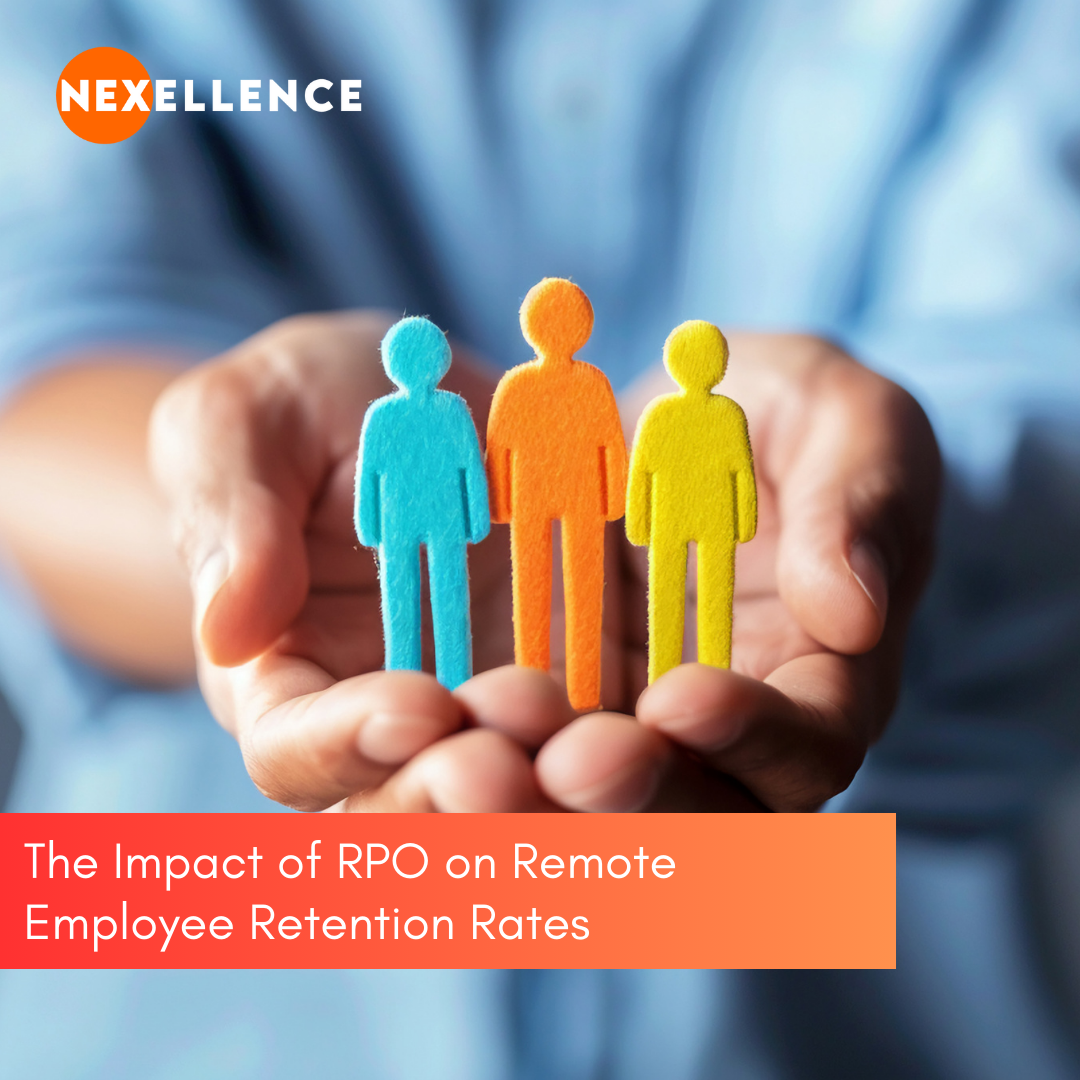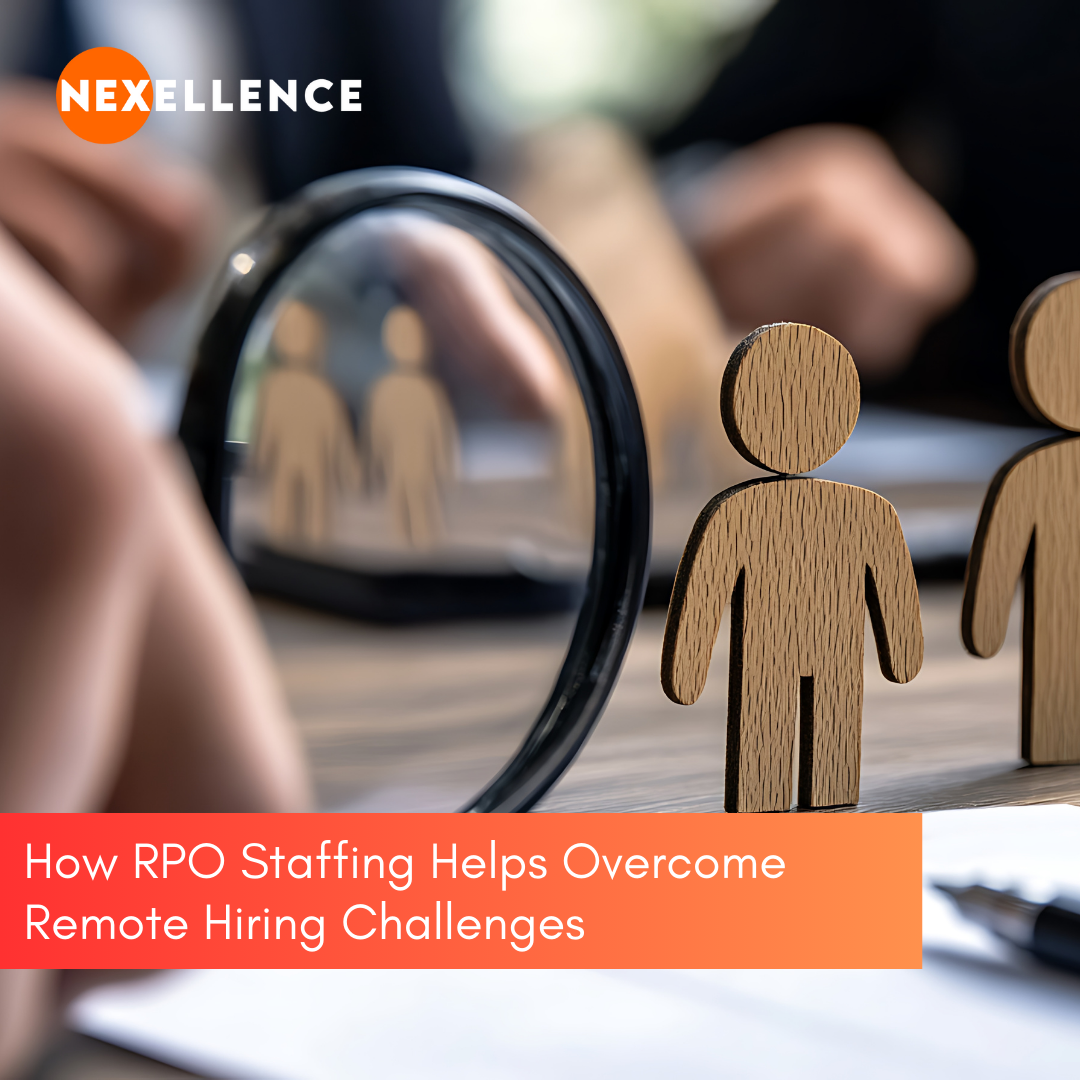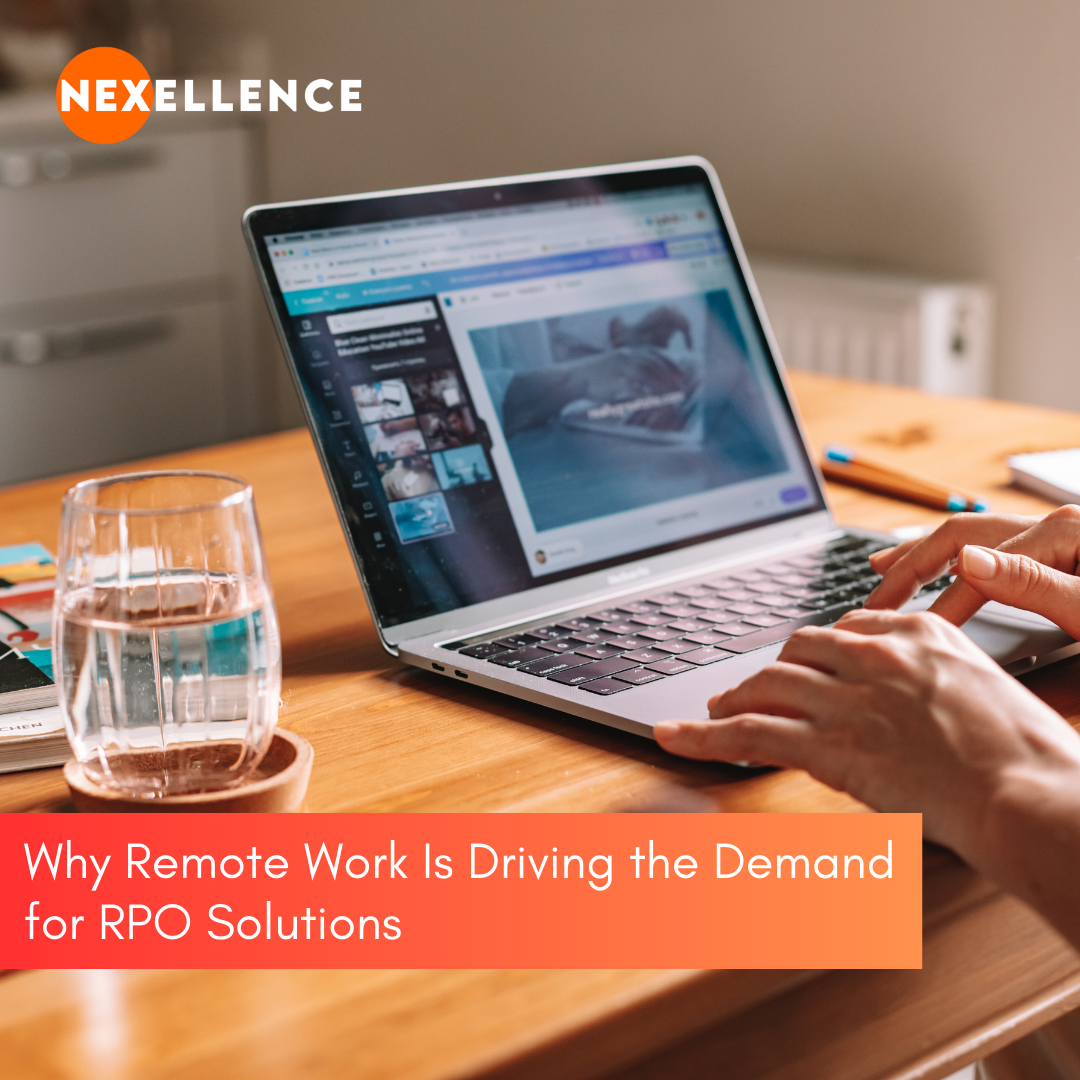As we move into 2025, the role of the virtual assistant (VA) continues to evolve alongside advancements in technology, shifting business models, and the growing demand for specialized support. To stay competitive and thrive in this fast-paced environment, VAs must equip themselves with an array of skills that go beyond basic administrative tasks. Here are the essential virtual assistant skills you’ll need to master to succeed in 2025:
1.AI & Automation Proficiency
Artificial intelligence and automation tools are no longer just trends—they are fundamental components of business operations. In 2025, virtual assistants will need to seamlessly integrate AI tools such as ChatGPT, automated scheduling systems, and workflow automation platforms like Zapier to increase efficiency. By leveraging these technologies, VAs can reduce repetitive tasks and focus on higher-value work that drives client success.
2.Advanced Communication & Collaboration Tools
Virtual assistants are the backbone of remote work environments, and effective communication is key. Proficiency with tools like Slack, Zoom, Microsoft Teams, and Asana will be essential for VAs to coordinate with clients and remote teams. Mastering these platforms allows for seamless collaboration, efficient project management, and timely communication—all crucial for virtual teams to function smoothly.
3.Data Analysis & Reporting
Data-driven decision-making is becoming the norm in many industries. Virtual assistants who can analyze data, create reports, and provide actionable insights will be in high demand. Basic proficiency in tools like Google Analytics, Excel, or CRM systems will empower VAs to assist businesses in understanding trends, monitoring KPIs, and improving performance metrics.
4.Digital Marketing Expertise
As online presence remains critical for businesses, VAs will need to be well-versed in digital marketing strategies. Knowledge in social media management, SEO, content creation, and email marketing will be key skills in 2025. Familiarity with tools like Hootsuite, Mailchimp, and Google Ads will help VAs support businesses in building a stronger digital footprint and growing their audience.
5.Cybersecurity Awareness
With the rise of cyber threats, virtual assistants must understand the basics of cybersecurity to protect sensitive client data. In 2025, ensuring secure communication, using encrypted channels, and following data protection best practices will be integral to maintaining trust and safeguarding business operations.
6.Financial Management Skills
Financial skills will continue to be an asset for virtual assistants in 2025. Basic financial knowledge—such as expense tracking, invoicing, budgeting, and bookkeeping—will make VAs invaluable to small business owners and entrepreneurs. Mastery of accounting tools like QuickBooks or Xero will help VAs assist with everyday financial tasks.
7.Project Management Expertise
Managing tasks, timelines, and projects remotely is essential for virtual assistants working across industries. VAs with project management skills and experience with tools like Trello, Monday.com, or Basecamp can help streamline workflows, keep projects on track, and ensure clients’ goals are met. These tools are increasingly important as businesses rely on remote teams to execute complex initiatives.
8.Customer Relationship Management (CRM)
Understanding and maintaining strong client relationships is at the heart of a VA’s role. In 2025, VAs will need to be skilled in CRM software like Salesforce, HubSpot, or Zoho to manage client interactions, track sales leads, and maintain ongoing communication. This skill allows VAs to be an essential part of the client retention and growth strategy.
9.Specialized Knowledge in Niche Markets
As businesses continue to look for tailored support, virtual assistants with specialized knowledge in fields like real estate, healthcare, legal, or finance will be highly sought after. Having expertise in these areas not only makes VAs more competitive but also enables them to provide more personalized and effective assistance to clients in these industries.
10.Adaptability & Continuous Learning
The virtual assistant industry is constantly evolving, and the most successful VAs in 2025 will be those who embrace continuous learning. Whether it’s adapting to new tools, staying current with industry trends, or learning new soft skills, a willingness to evolve with the times will be crucial for staying relevant and competitive.
Conclusion: Prepare for the Future
The virtual assistant role in 2025 will require a diverse set of skills, combining technical knowledge, industry-specific expertise, and an adaptive mindset. By mastering AI tools, becoming proficient in data analysis, digital marketing, project management, and developing strong client relationships, VAs can position themselves for success in an increasingly remote, tech-driven workplace. Stay ahead of the curve by honing these skills today—your future in the virtual assistant industry depends on it!





